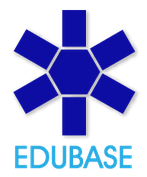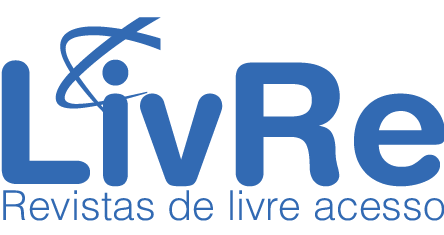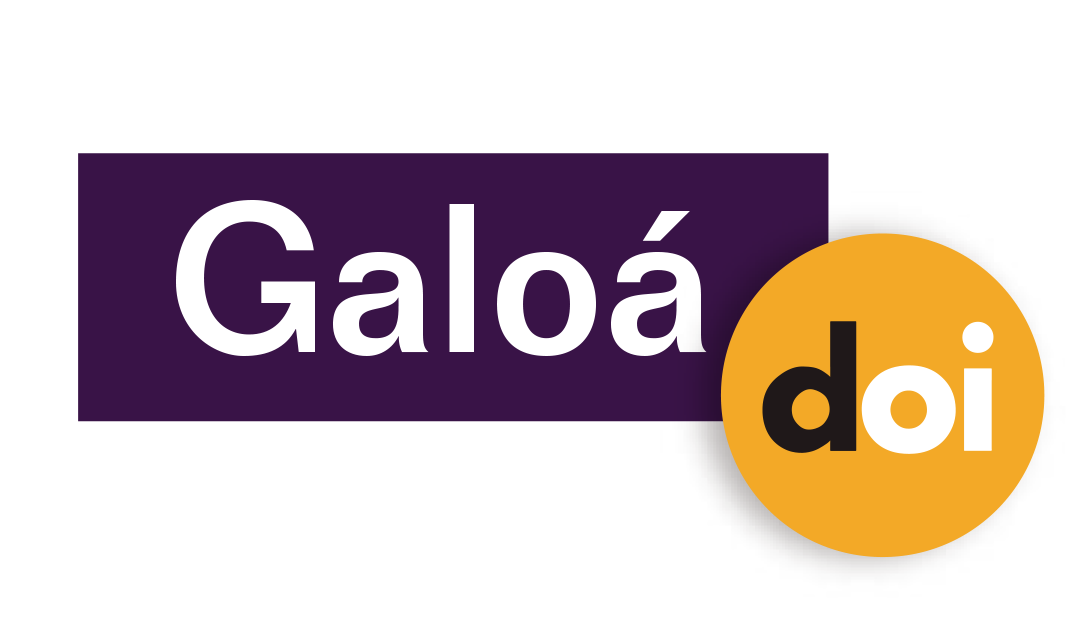New Evidence of the Effect of Literacies in Reducing Disinformation and Fake News
Resumo
Context: The production of scientific knowledge is not clearly understood by most individuals. In the information age, society faces challenges generated by discrediting institutions, including science, the proliferation of false news, disinformation and the relativisation of truth. These are significant issues that the school cannot refrain from discussing if it wants to educate for citizenship. Objectives: To investigate how conceptions about science influence and are influenced by fake news conveyed by the media and the contribution of literacy to minimise the effects of misinformation. Design: The methodology used in this research used a mixed-methods approach through content analysis of students’ responses combined with descriptive statistical techniques. Environment and participants: The research was carried out with 32 students, divided into two groups, attending the 9th grade of an elementary public school in Bom Princípio/RS. Data collection and analysis: Two questionnaires were applied: one for the conceptions about science and another to identify fake news. Results: Most students have a limited view of science and find it difficult to identify fake news through verification criteria. A correlation between student perceptions and the identification of false news was observed. Conclusions: Knowledge about science possibly enhances students’ perception of doubtful information. It is crucial to develop mediatic and information literacy skills as they can positively impact the identification of fake news and reduce its shares.
Palavras-chave
Fake news; Nature of science; Science teaching; Disinformation
DOI: https://doi.org/10.17648/acta.scientiae.6313
Apontamentos
- Não há apontamentos.
Direitos autorais 2021 Renato P. dos Santos

Esta obra está licenciada sob uma licença Creative Commons Atribuição 4.0 Internacional.
ANÚNCIOS
Informamos que, a partir de outubro de 2024, a revista Acta Scientia volta a aceitar submissões de artigos para publicação.
Mais, informamos que sites fraudulentos, https://periodicos-ulbrabr.org e https://periodicos-ulbrabra.org, estiveram se passando pela Acta Scientiae, utilizando nosso nome e identidade visual e até solicitado taxas de APC, que nós não cobramos. Aconselhamos cautela para evitar serem enganados por sites semelhantes.
Conceito A2 na Capes(2021)
Índice h5 do Google Scholar: 13
Índice mediana h5 do Google Scholar:24
eISSN: 2178-7727
Indexações:
A Acta Scientiae é indexada em: | Scopus |  | Latindex |  | Edubase (SBU/UNICAMP) |
 | Sumarios.org |  | Google Scholar |  | Portal LivRe (CNEM) |
 | Journals for Free |  | REDIB |  | Galoá DOI |

Todos os trabalhos publicados aqui estão sob uma licença Creative Commons - Atribuição 4.0 Internacional.
